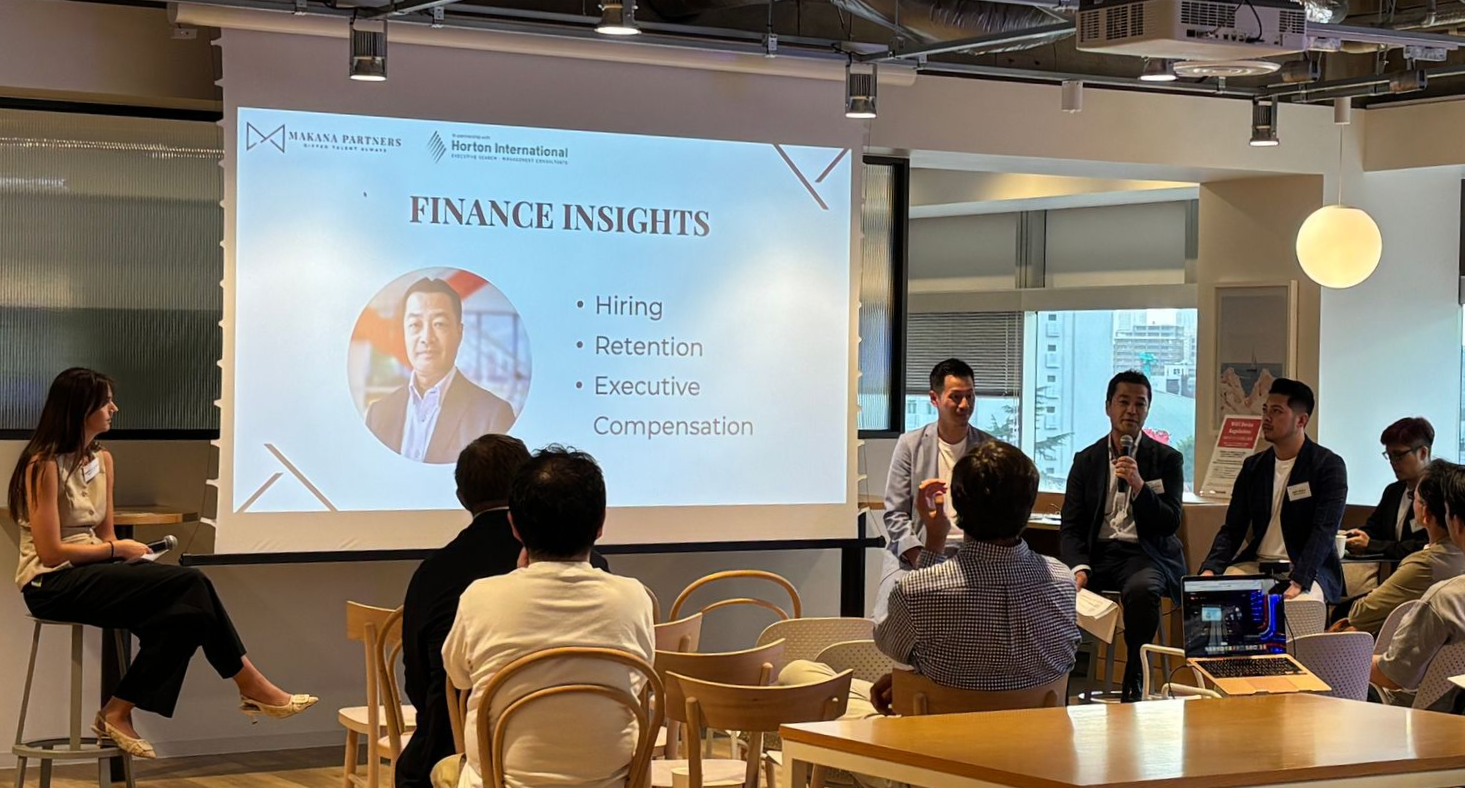August 28, 2025
Japan at an Inflection Point with AI Japan stands at a critical inflection point in its relationship with artificial intelligence. As the nation faces demographic pressures, global competition, and the urgent need for digital transformation, leadership has emerged as the decisive factor in determining whether AI adoption will succeed or fail. For Japanese executives, the challenge extends beyond technology itself—it is about guiding organizations through cultural transformation while preserving the values that have long defined Japanese business excellence. Cultural Context of AI Adoption AI adoption in Japan reflects deep cultural characteristics that influence how organizations embrace new technologies. In 2024, 25.8% of Japanese companies reported implementing AI in some capacity, a sharp increase from 9.9% in 2023. Yet this still lags far behind global benchmarks, where 65% of firms regularly use generative AI and 78% apply AI overall. Japan’s comparatively slower pace stems from its cultural emphasis on consensus-building, risk avoidance, and quality assurance. While Western companies often favor rapid experimentation and customer-facing pilots, Japanese firms typically follow a deliberate progression—focusing first on internal efficiency, then governance, and only later on external applications. The practice of nemawashi, or behind-the-scenes consensus building, continues to shape adoption patterns, requiring leaders to secure organizational agreement through proof-of-concept projects and gradual rollouts that prioritize procedural legitimacy and consistent quality [1]. Evolving Leadership Models This cultural context places new demands on Japanese leadership styles. Traditional models, defined by hierarchical decision-making and long-term stability, are now evolving to accommodate the flexibility and visionary thinking required for AI-driven transformation. Modern leaders must balance adaptability and empathy with data-driven decision-making, moving away from command-and-control approaches toward empowering teams and fostering shared visions. Companies such as Google Japan and NTT Data Malaysia demonstrate how Japanese leaders can navigate international markets by blending global mindsets with traditional values like kaizen-driven quality and consensus leadership. The most effective leaders now combine meticulous attention to detail and ethical standards with new capabilities in change management and technological adoption, ensuring that employees rally around AI initiatives while maintaining long-term organizational sustainability [2]. Building AI Literacy Across the Workforce A central challenge lies in building AI literacy across organizations. Surveys suggest that around 23.6% of Japanese workers—roughly 8.56 million people—express interest in becoming AI human resources, offering significant potential to close the projected shortage of 790,000 IT professionals by 2030. Yet developing AI literacy requires more than technical training. Leaders must create environments where employees see technology as complementary to human skills rather than a threat to job stability. Successful programs emphasize practical, accessible applications, such as AI transcription for interviews, generative AI tools for bilingual client proposals, or AI-powered platforms that streamline report creation. By embedding AI into daily workflows without disrupting established practices, companies can reduce anxieties and build confidence in its value [3]. AI and Workforce Planning AI is also reshaping workforce planning models. The traditional practice of scaling human resources in line with business growth—by hiring more sales staff, expanding support functions, and increasing marketing investment—must now account for automation potential before recruitment decisions are made. This is particularly evident in HR, where AI supports recruitment, resume screening, and automated employee queries in both Japanese and English. Companies like Makana Partners have redesigned recruitment processes around AI integration, increasing responsiveness and efficiency. These adjustments also respond to broader demographic challenges: with Japan’s working-age population projected to shrink by 24 million by 2050, AI is becoming essential for sustaining productivity. By capturing and transferring the knowledge of experienced workers to younger generations, organizations are addressing the urgent need for skills transfer in an aging workforce [4]. Kaizen as a Bridge for AI Adoption The philosophy of kaizen, or continuous improvement, provides a natural bridge for AI adoption. This emphasis on incremental progress aligns well with implementation strategies that focus on gradual optimization rather than disruptive change. Japanese companies are already applying AI in ways that reinforce this tradition. Manufacturing firms, for example, are using AI-guided systems and virtual reality training to help younger workers learn from senior colleagues, while Hitachi has developed an AI tool that assists workers in diagnosing equipment issues and recommending remediation steps, improving the abilities of unskilled employees by 30%. By framing AI as an extension of kaizen, leaders can reduce resistance and position new tools as enhancements to established practices rather than threats. Competencies for AI-Era Leadership To succeed in this environment, Japanese executives require a distinctive mix of competencies. While they need not become engineers, they must understand AI’s capabilities and limits, identify areas for measurable impact, and personally test systems to evaluate workflow implications. Equally important are strong foundations in business acumen, change management, and cultural bridge-building. Leaders must anticipate employee concerns, communicate empathetically, and facilitate collaboration between more cautious older workers and younger generations eager to experiment with new tools. By fostering dialogue and reducing fear of experimentation, executives can support gradual but lasting cultural change. Overcoming Resistance to Change Overcoming resistance remains one of the most pressing challenges. Japan’s ingrained aversion to risk and failure can inhibit progress, yet its traditions of precision and ethical rigor also offer advantages in areas where reliability and trust are paramount. Effective change strategies emphasize controlled experimentation, reframing setbacks as opportunities for learning rather than as failures. Media narratives play an important role in this cultural shift, showcasing examples of calculated risks that yield long-term success and encouraging organizations to see experimentation as a driver of innovation. Practical Strategies for AI Adoption Practical strategies for AI adoption reinforce these cultural considerations. Leaders are advised to begin with internal efficiency initiatives before expanding outward, to frame AI as a way of strengthening existing capabilities in manufacturing and customer service, and to invest in training programs that extend beyond technical skills to include ethical awareness and change management. Initiatives like Google’s Japan Reskilling Consortium, which unites business, government, and nonprofit partners, provide models for comprehensive education. Creating safe spaces for experimentation and emphasizing AI’s immediate, measurable benefits further support adoption while aligning with Japan’s preference for thorough validation. Japan’s AI Future: Responsible Innovation Looking ahead, Japan’s path toward becoming the world’s most AI-friendly country offers lessons for organizations worldwide. By emphasizing ethics, reliability, and long-term sustainability, Japan is uniquely positioned to lead in sectors such as healthcare, autonomous systems, and manufacturing. The key lies in leaders’ ability to guide their organizations through cultural transformation while preserving values that define Japanese business excellence. If positioned as a complement to human skills rather than a replacement, AI can provide sustainable competitive advantages that benefit both companies and society. Ultimately, Japan’s AI journey is less about technology itself than about leadership evolution, organizational resilience, and cultural adaptation. By embracing AI as a tool for continuous improvement and human enhancement, Japanese leaders are crafting a model of responsible innovation—one that integrates technology with cultural identity to create a future where AI strengthens rather than diminishes human potential. Citation's greeden (2025). [Latest Analysis] Why Is There a Gap Between Japan and Overseas in Generative AI Adoption? — Cultural Background, Pros/Cons, and Outlook for the Next 5 and 10 Years - IT & Life Hacks Blog|Ideas for learning and practicing. [online] IT & Life Hacks Blog|Ideas for learning and practicing - Quick life hacks for every day Support by AI. [Accessed 27 Aug. 2025]. Nakayama, C. (2024). Reconciling tradition and innovation: Japan’s path to global AI leadership. [online] World Economic Forum [Accessed 26 Aug. 2025]. AI inside Inc. (2022). Approximately 20% of the Japanese Workforce Are ‘Potential AI Human Resources’The Key to Solving the AI/IT Labor Shortage in Japan by Reskilling Job Transition. [online] [Accessed 26 Aug. 2025]. Schneider, T., Hong, G.H. and Le, A.V. (2018). Managing Japan’s Shrinking Labor Force With AI and Robots - IMF F&D Magazine - June 2018 | Volume 55 | Number 2. [online] IMF. [Accessed 25 Aug. 2025]. Endo, M. (2025). Japanese companies use AI to pass on veteran workers’ skills. [online] Asianews.network. Available at: https://asianews.network/japanese-companies-use-ai-to-pass-on-veteran-workers-skills/ [Accessed 27 Aug. 2025].










